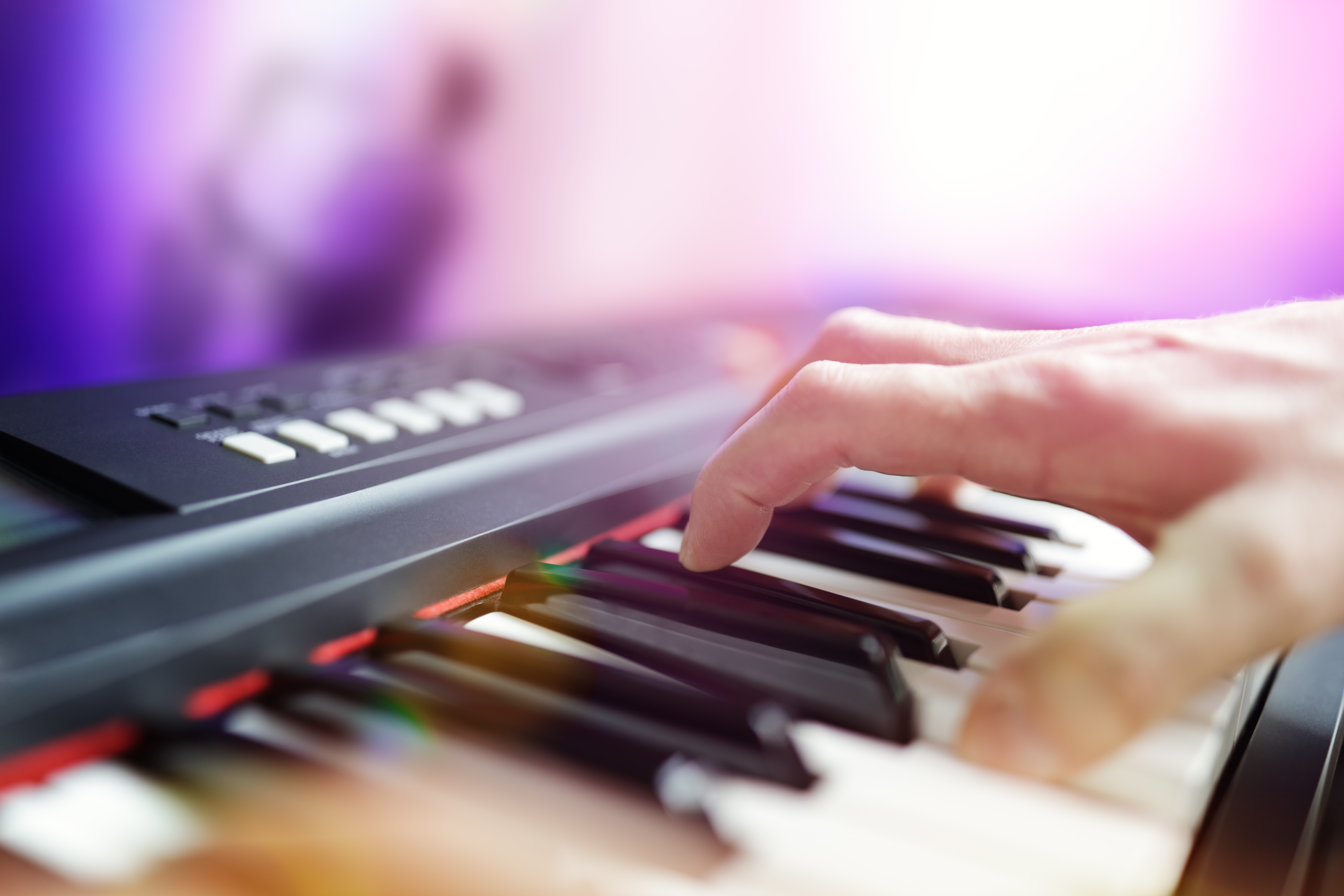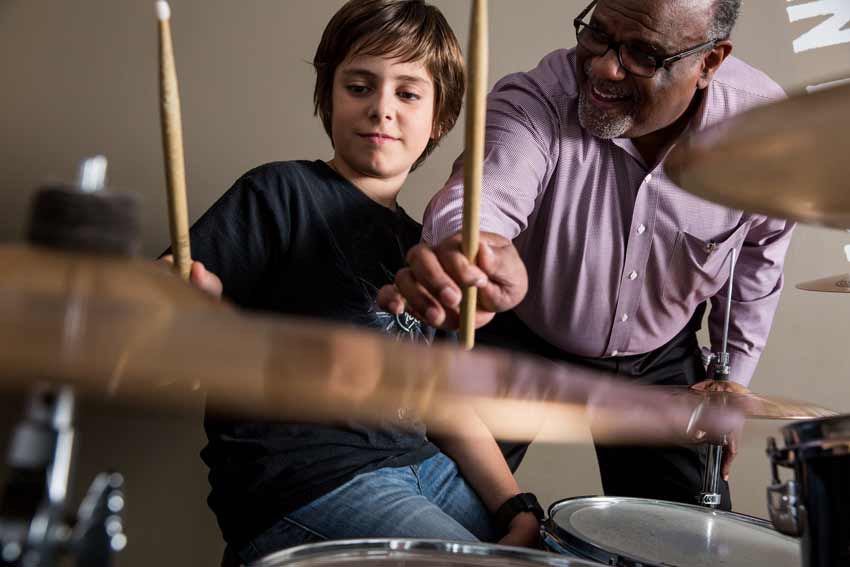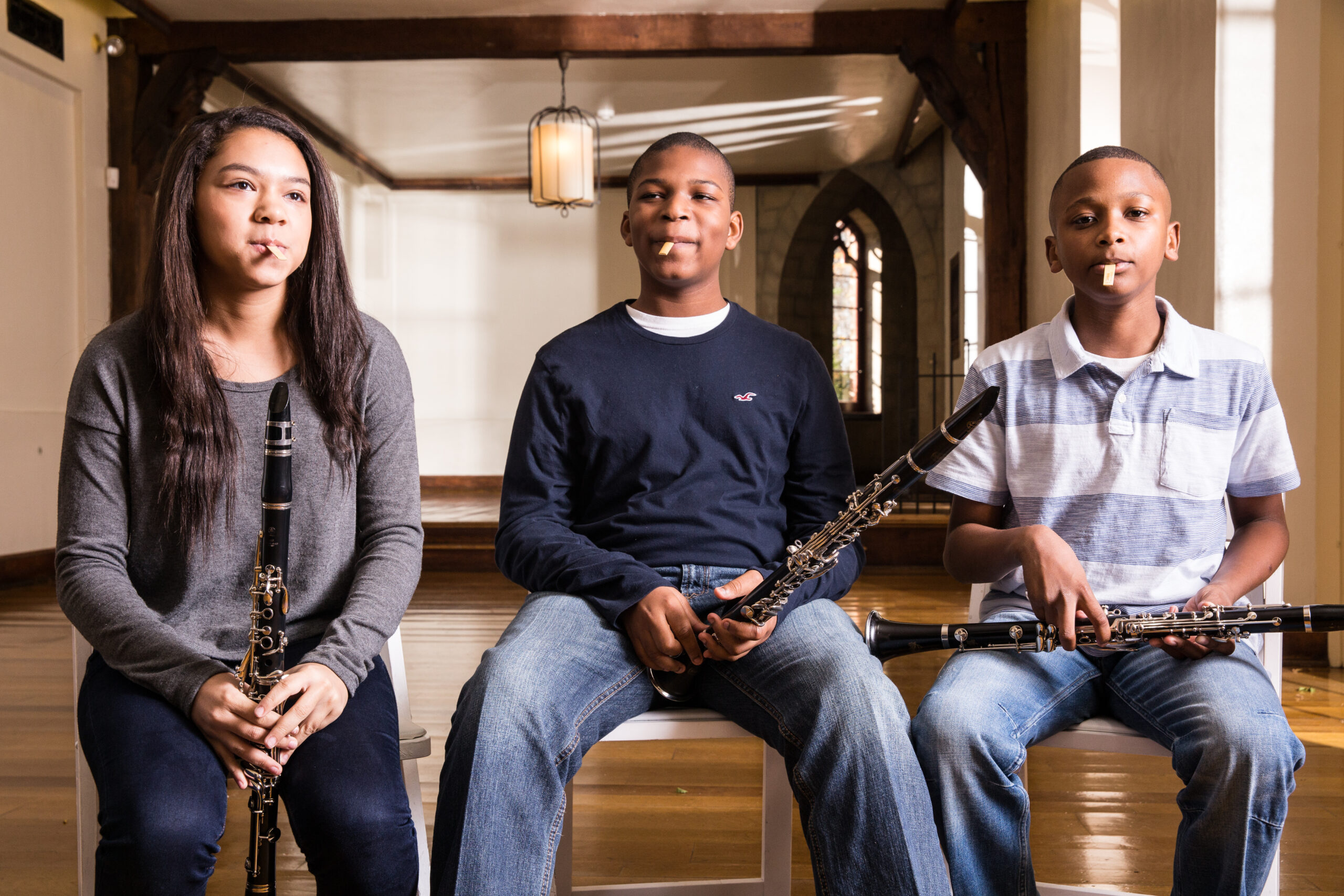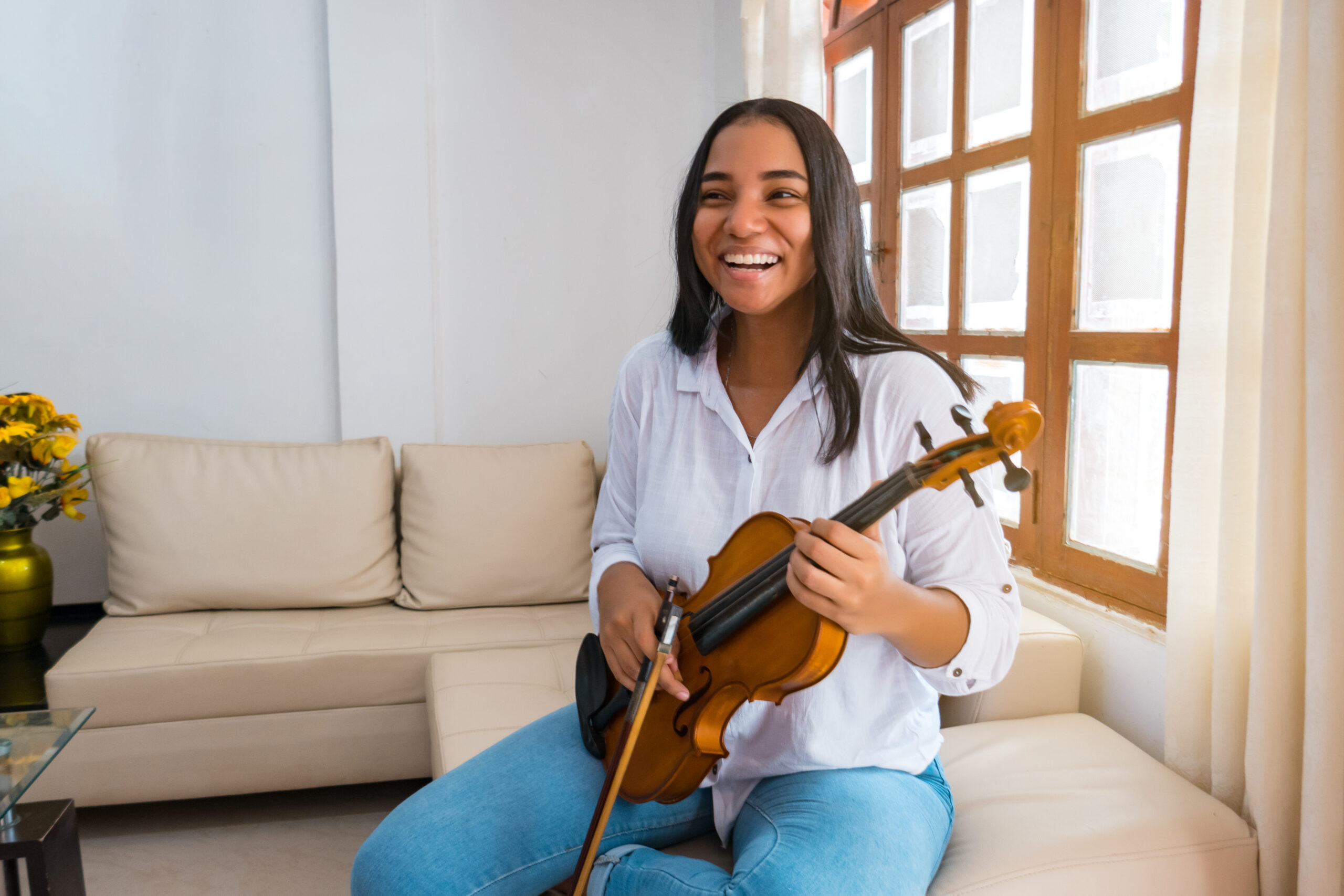September 03, 2020
4 Musical Skills You Can Learn in Your Lessons Other Than Your Instrument


Most people already know that learning an instrument is a fun, challenging pursuit that enriches lives, but far less know exactly how and why. In terms of non-musical benefits, learning music delivers big boosts in confidence, creativity, and cognitive functioning for students of every age and background. But if you think picking up the knowledge of how to play an instrument is all you’ll learn in music lessons, you’re sorely mistaken. Whether a student learns trombone or the electric guitar in music lessons, the knowledge and expertise they get from their instructor gives them a broad and priceless perspective into the fascinating world of music. Here are just four out of the many musical skills you can learn in lessons other than how to play an instrument.
Music Theory
If you’ve ever wanted to learn exactly why music works the way it does, music theory can answer your questions and enlighten your musical perspective. Put simply, music theory is the definitive musical language that musicians use to convey ideas to one another and understand music intellectually. From chords and scales to musical analysis and notation, music theory is one of the most important and impactful musical benefits students receive in lessons, and what they learn can help them understand and perform music for the rest of their lives.
Songwriting & Composition
Music creation is empowering in profound ways. It allows both children and adults to unleash and stretch their creativity, and can serve as a boundless source of self-expression and even therapy for some. Whether it’s through improvisational exercises or learning other artist’s songs to help students create their own, students who take music lessons get the benefit of being introduced to songwriting and composition in powerful and enduring ways. The creative expression and intellectual challenges of creating music reaches all music students whether they go on to be serious composers and songwriters or not.
Stage Presence
Any serious musician will tell you that one show provides far more musical experience and knowledge than you can get from practicing. And yet, for many inexperienced young music students and adult musicians alike, the thought of publicly performing can be the stuff of nightmares. Luckily, the skills and experience students gain in music lessons gives them the confidence and direction they need to thrive on stage. From recitals to open mic nights to band competitions, private music instruction provides a way for students to sharpen their musical skills and prepare them to play in front of an audience.
Music Notation
The music reading skills you develop in music lessons don’t just apply to your instrument. Knowing how to read music is a powerful source of knowledge that allows you to better understand rhythm, chords, and melodies on not just your instrument, but all instruments. With serious musicians all reading from the same system of notation, being familiar with it gives you the power to perform with others by understanding what’s written on their parts. But even more important than that is the fact that music notation gives shape to music, and that’s crucial for being able to understand how it works.
MUSIC LESSONS AT MUSIC & ARTS
Music & Arts is proud to be the nation’s leading provider of private music lessons. From kids sharpening their instrumental skills for band to adults who want to improve their lives by learning how to sing, write music, or play an instrument, the passionate team of experienced educators at Music & Arts teaches students of every age, skill level, and musical interest. Learn more about private music lessons at Music & Arts today!
Related Articles:







